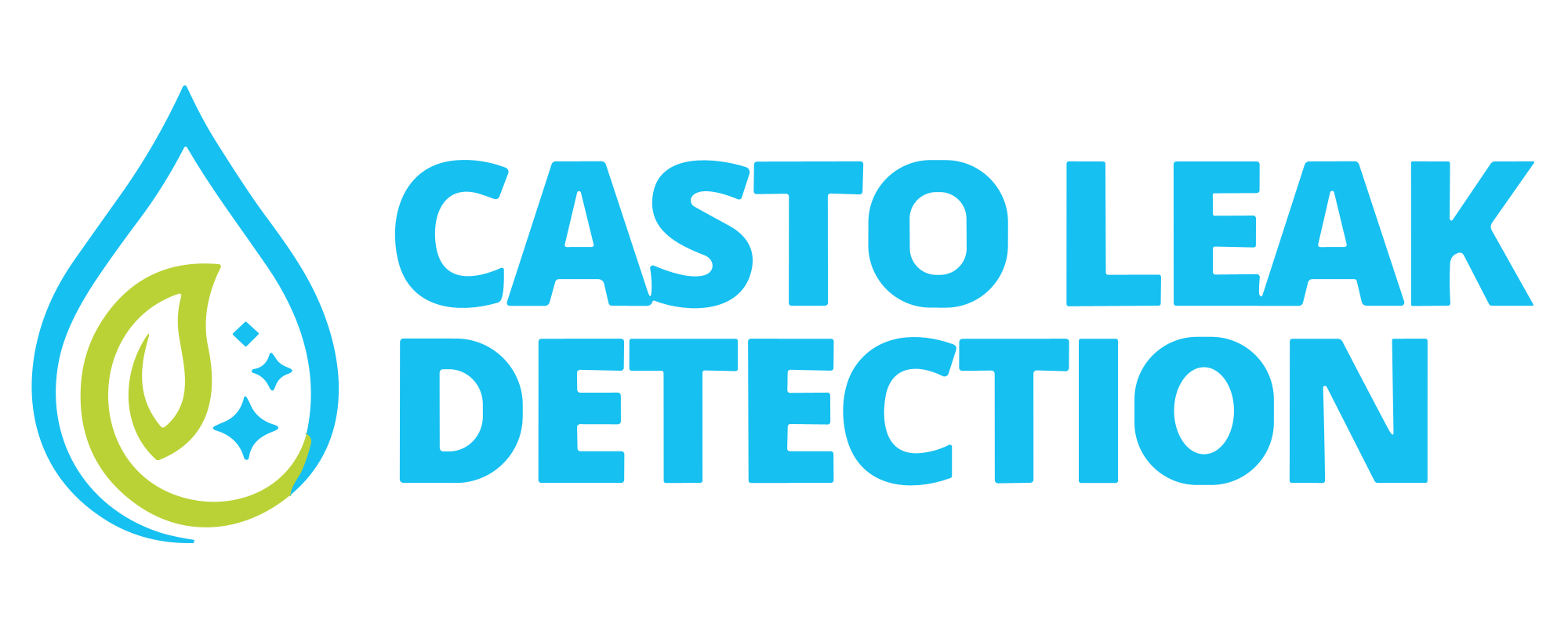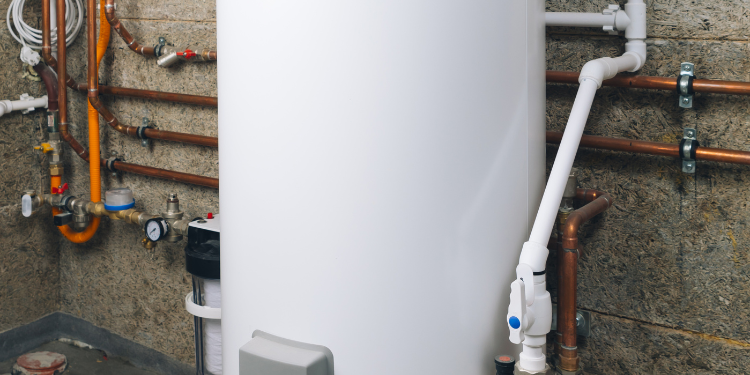When it comes to ensuring a steady, reliable supply of hot water in your Richardson, Texas home, proper water heater installation is key. Whether you’re upgrading to a newer model or replacing an old one, understanding the essentials of water heater installation can save you time, money, and headaches in the long run. Hot water is more than just a comfort; it’s a necessity for daily tasks like showering, washing dishes, and cleaning clothes. If your water heater isn’t installed correctly, it can lead to inefficient performance, higher energy bills, and even potential damage to your home’s plumbing system.
Key Takeaway: Proper installation and maintenance of your water heater ensure reliable hot water supply and energy efficiency, while preventing potential plumbing issues.
Understanding Your Water Heater Needs
Selecting the Right Water Heater
One of the first steps in water heater installation is choosing the right type of water heater. There are various options available, from traditional tank water heaters to more energy-efficient tankless water heating systems. Your choice will depend on factors such as your household’s hot water usage, energy efficiency preferences, and space availability. Tankless systems, for example, provide an endless supply of hot water, making them ideal for larger families or homes with multiple bathrooms.
Importance of Proper Sizing
Ensuring that your water heater is the correct size for your home is crucial. An undersized unit will struggle to meet your household’s hot water demands, while an oversized one can lead to higher energy costs. Consulting with professionals like Casto Leak Detection can help you determine the right size water heater for your home in Richardson, Texas.
Water Heater Placement
Where you install your water heater matters just as much as what type you choose. The placement should allow easy access for maintenance while ensuring safe operation. Installing the unit in a space that allows proper ventilation is important, particularly if you are opting for a gas-powered heater.
The Installation Process
Plumbing Connections
Correctly connecting your water heater to your home’s plumbing system is a critical step. Improper installation can lead to water leaks, which may cause serious damage over time. It’s important to ensure that the piping and fittings are properly sealed to avoid any water leakage. A thorough understanding of piping and plumbing fittings can help ensure a secure installation.
Securing the Heater
Water heaters must be properly secured to prevent tipping over, especially in areas prone to earthquakes. In Richardson, Texas, where storms and unpredictable weather can occur, securing your water heater helps avoid costly repairs and potential hazards. Whether it’s with straps or anchors, ensure the unit is safely installed.
Ensuring Proper Ventilation
If you’re installing a gas water heater, proper ventilation is a must. Gas-powered units emit carbon monoxide, so having a functional venting system in place is essential for safety. Poor ventilation could lead to dangerous carbon monoxide buildup in your home. Make sure you consult with a certified technician for a safe, professional installation.
Maintenance Tips for Longevity
Regular Inspection
Routine inspections of your water heater can help you spot potential issues early, preventing costly repairs down the line. Check for leaks, rust, or sediment buildup, and ensure that the temperature is set to an energy-efficient level. The recommended setting for most water heaters is 120°F to prevent scalding and save on energy costs.
Flushing the Tank
If you have a traditional tank water heater, flushing it annually is crucial to remove sediment buildup. Sediment can reduce the efficiency of your water heater and lead to corrosion. Regular maintenance of your water heater’s drain valve is key to keeping the system running smoothly. For more on how this works, you can learn about plumbing drains.
Checking the Anode Rod
The anode rod is a vital component in your water heater, designed to prevent rust from forming inside the tank. It does this by attracting corrosive elements in the water, sparing the tank itself from rusting. Replacing the anode rod every few years can significantly extend the life of your water heater.
Energy Efficiency Considerations
Upgrading to a Tankless Water Heater
If you’re considering upgrading your water heater, a tankless water heating system is an excellent option for energy efficiency. These units heat water on demand, eliminating the need to store hot water and reducing energy consumption. While they can be more expensive upfront, the long-term savings on your energy bills can be worth the investment.
Insulating Your Water Heater
For traditional tank water heaters, adding insulation to the tank can help reduce heat loss and improve energy efficiency. Insulating your water heater pipes can also help reduce heat loss as the water travels from the heater to your faucet, ensuring hotter water at lower energy costs.
Reducing Water Waste
Installing water-saving fixtures in your home, such as low-flow faucets and showerheads, can reduce the strain on your water heater. Not only does this help save water, but it also decreases the energy required to heat that water, further improving efficiency.
Answering Common Questions
How do I know if I need a new water heater?
If your water heater is over 10 years old, frequently breaks down, or no longer provides consistent hot water, it may be time for a replacement. Rusty water and strange noises from the tank are also indicators that a new unit may be necessary. A professional inspection from Casto Leak Detection can help you make an informed decision.
What’s the difference between a gas and electric water heater?
The main difference is the energy source—gas water heaters use natural gas or propane, while electric water heaters use electricity. Gas heaters tend to heat water faster and can still operate during power outages, while electric heaters are more energy-efficient and easier to install.
Can I install a water heater myself?
While some homeowners may feel comfortable handling a water heater installation, it’s generally recommended to hire a professional. Incorrect installation can lead to safety hazards, water leaks, or even damage to your home’s plumbing system. Relying on experts like those at Casto Leak Detection ensures a safe and efficient installation.
The Impact of Professional Installation
Having your water heater professionally installed can make a huge difference in its performance and longevity. A certified plumber will ensure that all connections are properly sealed, the unit is safely anchored, and the necessary ventilation is in place. Professional installation also gives you peace of mind, knowing that your water heater will work reliably for years to come.
Long-Term Benefits of Regular Maintenance
Regular maintenance helps to extend the life of your water heater while improving its efficiency. Simple tasks like flushing the tank or replacing the anode rod can prevent costly repairs down the line. A professional technician can also check for any signs of wear or potential leaks, helping you avoid major problems in the future.
Why Choose Casto Leak Detection?
At Casto Leak Detection, we specialize in water heater installation and maintenance services that ensure your home has reliable access to hot water. Whether you’re looking to upgrade to a tankless system or need a repair, our expert team is here to help you with all your water heater needs in Richardson, Texas.
For more information, or to schedule a consultation, reach out to Casto Leak Detection. We’re committed to providing exceptional service, ensuring that your water heater installation is handled with the utmost care and professionalism.







